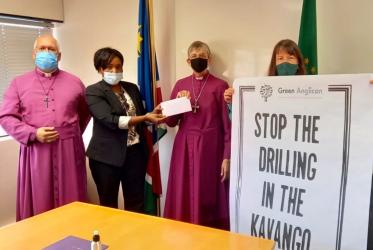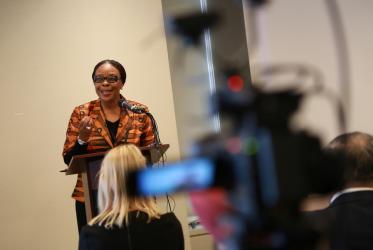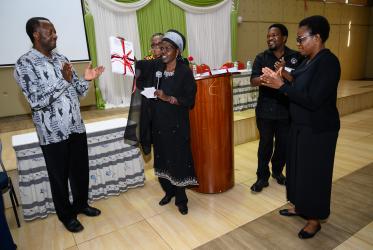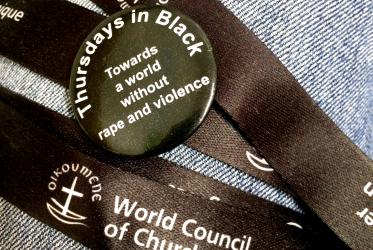Displaying 1 - 20 of 30
Faith Actors Reflect on Their Role in Reaching HIV Goals at ICASA
21 December 2023
Knowledge of gender roles deepens in Togo
03 June 2019
Faith and HIV treatment go hand in hand
06 March 2019
Dr Cecile De Sweemer, the doer of God
30 November 2018
G7 must address famine
22 May 2017
UN discussion focuses on women, HIV and property rights
21 March 2017
Seven weeks of Lent highlight water crisis in Africa
01 March 2017
“Health and healing for all people, that is the challenge”
28 February 2017













